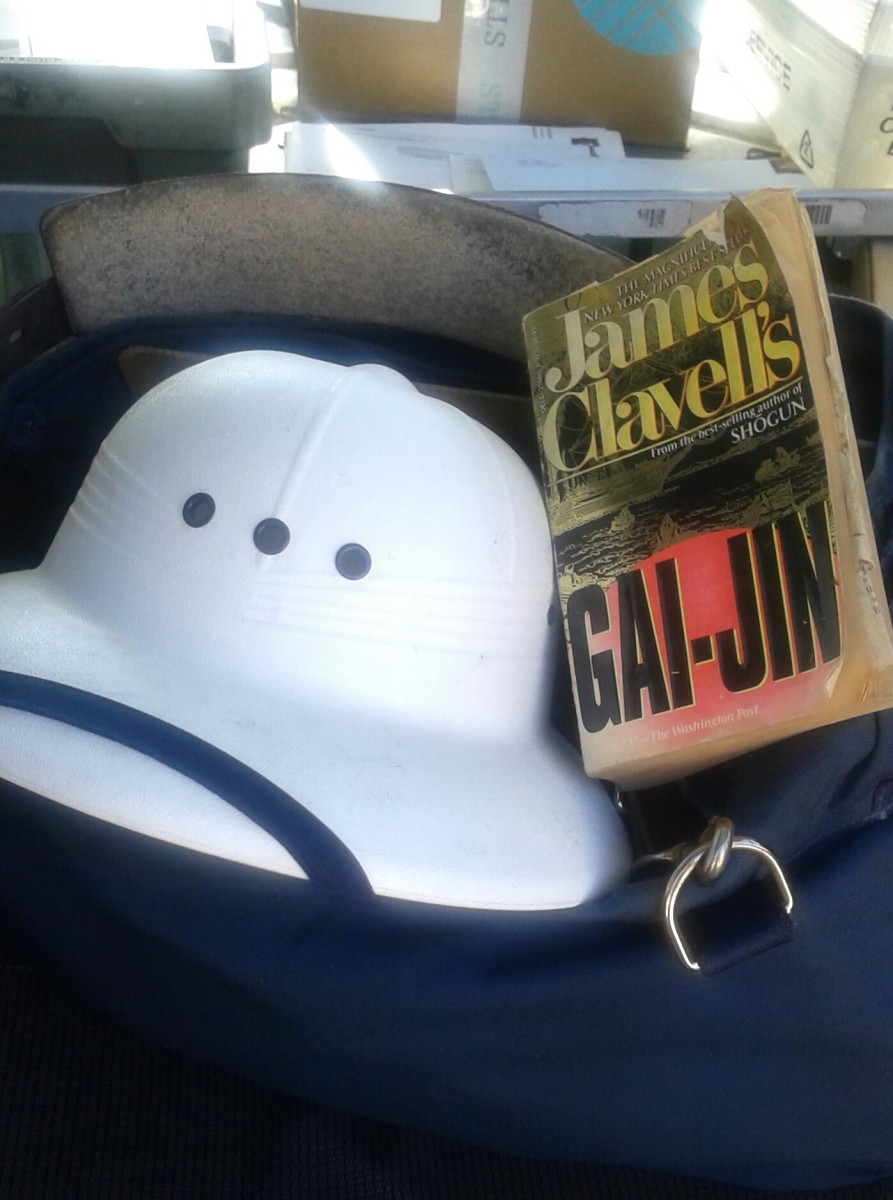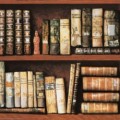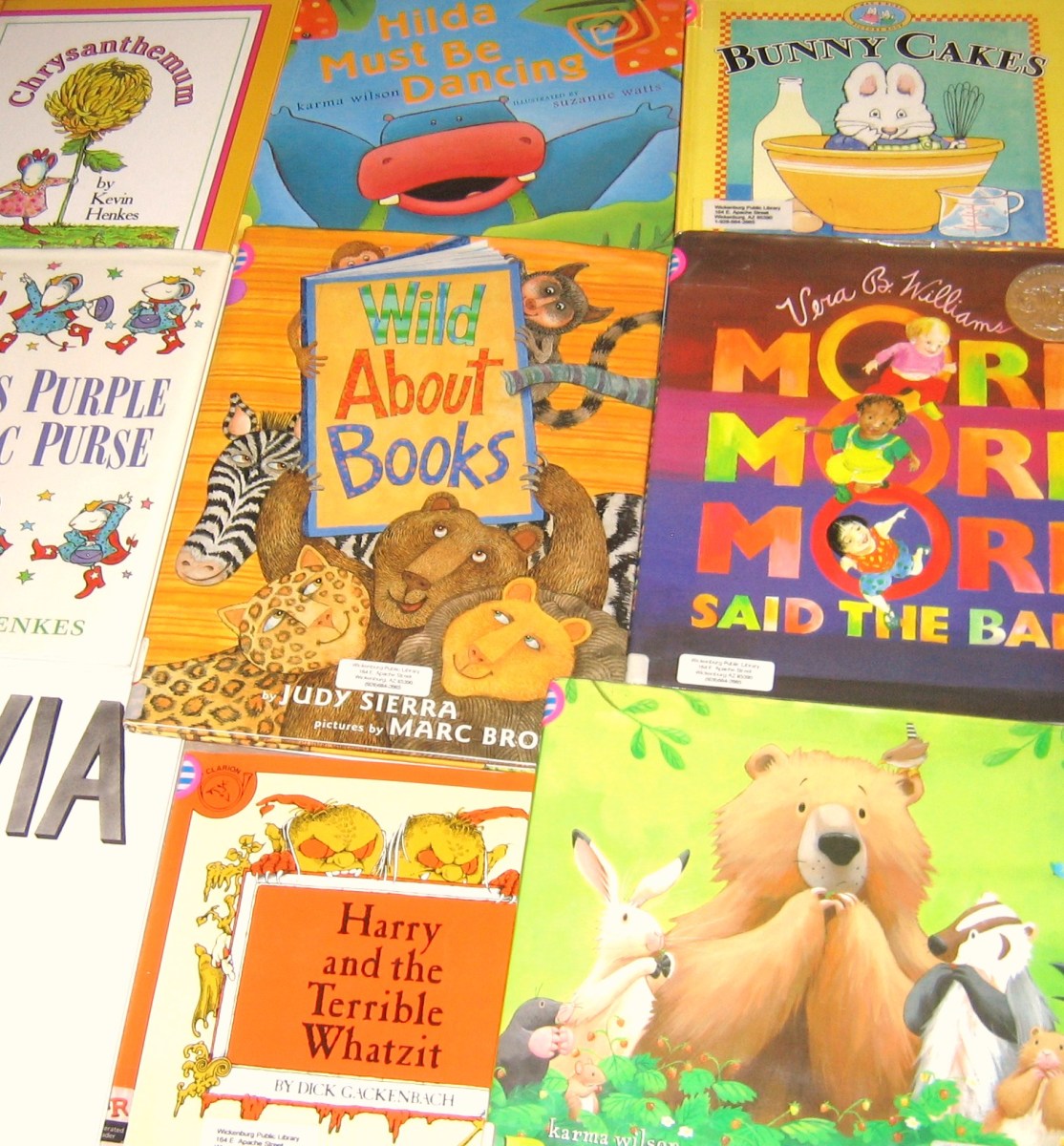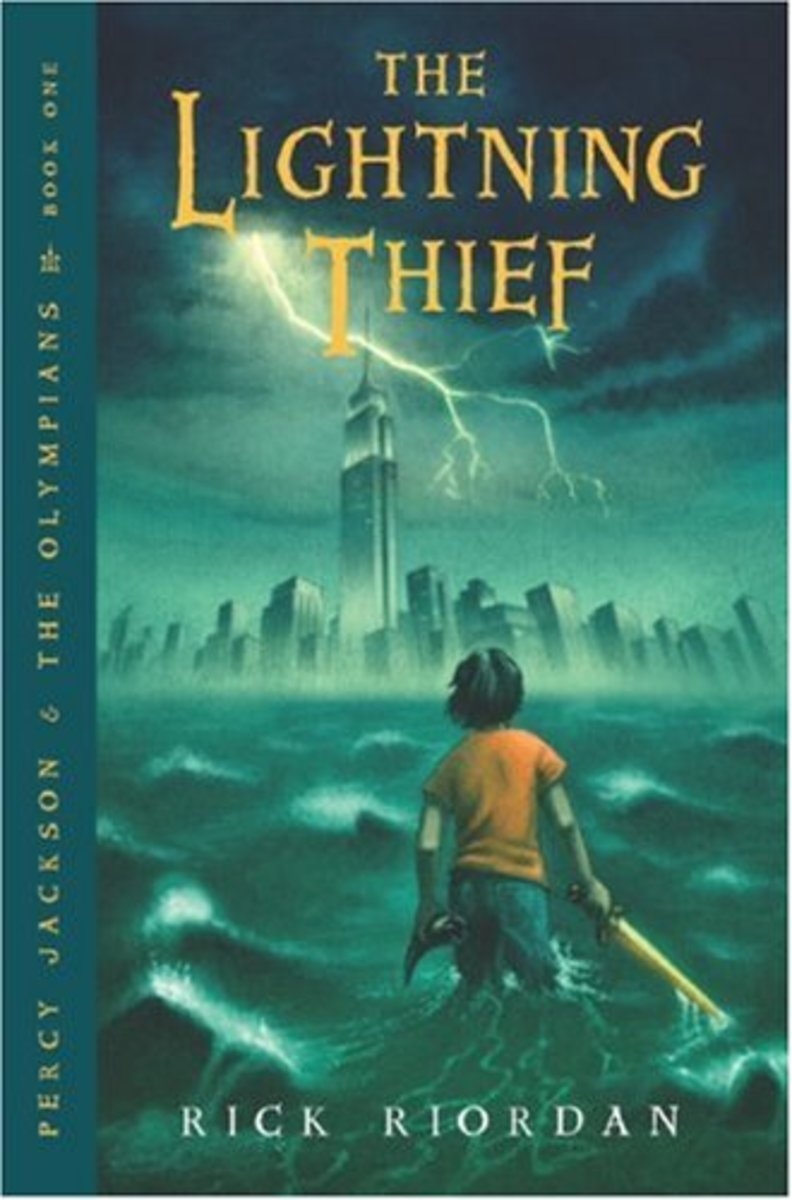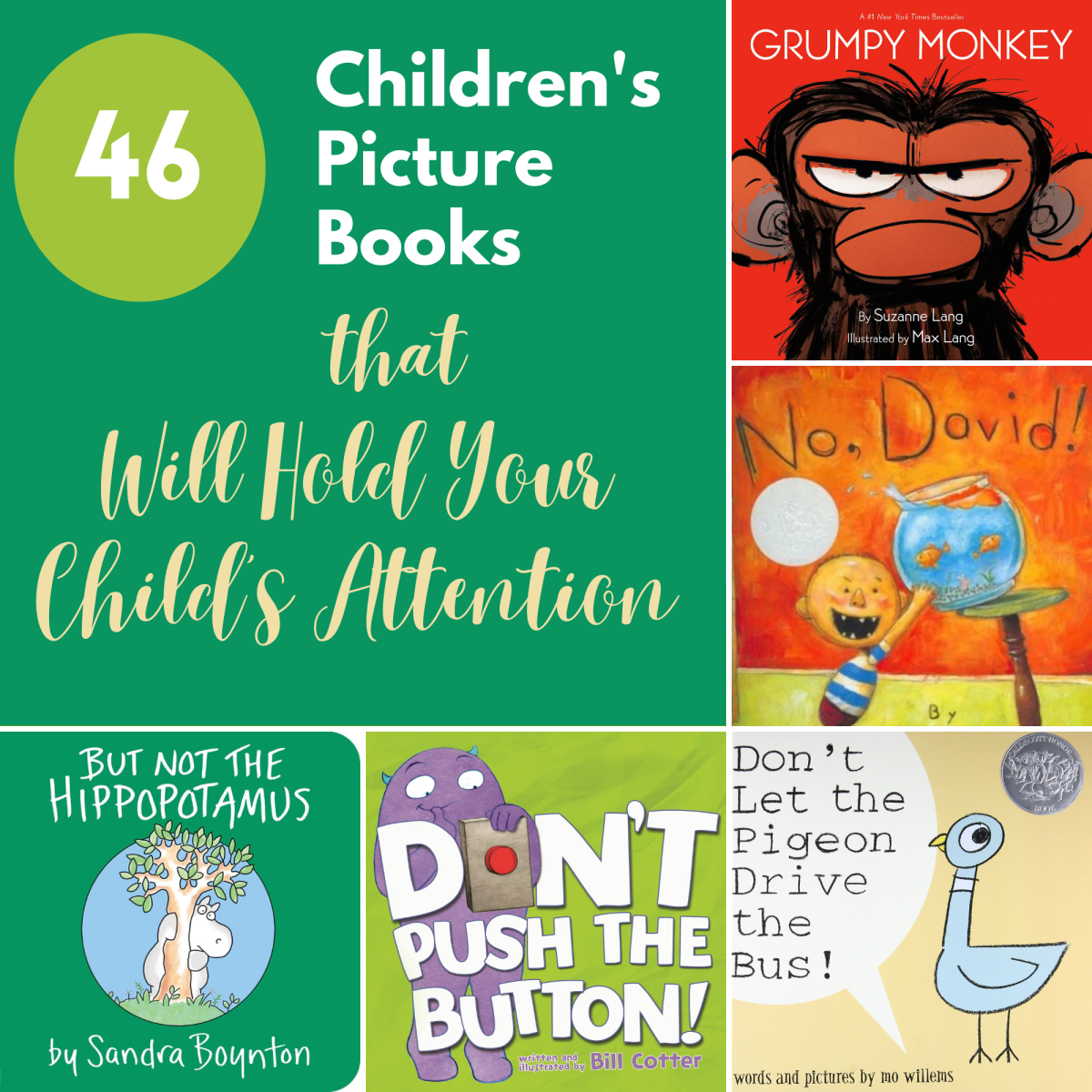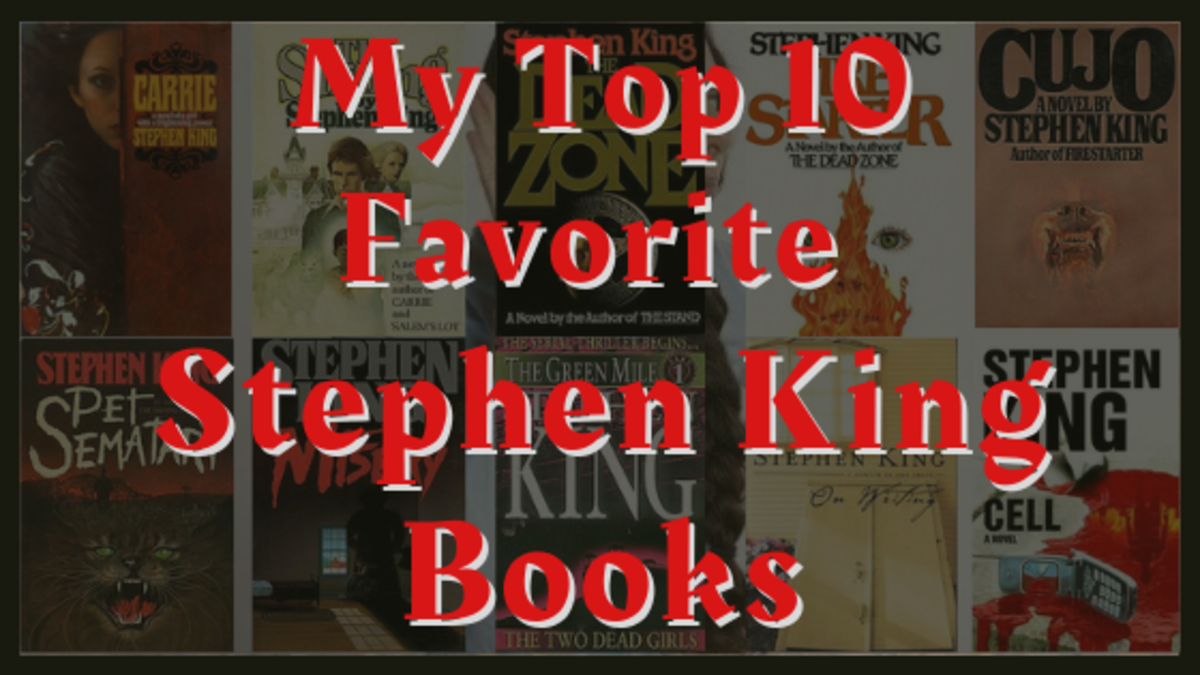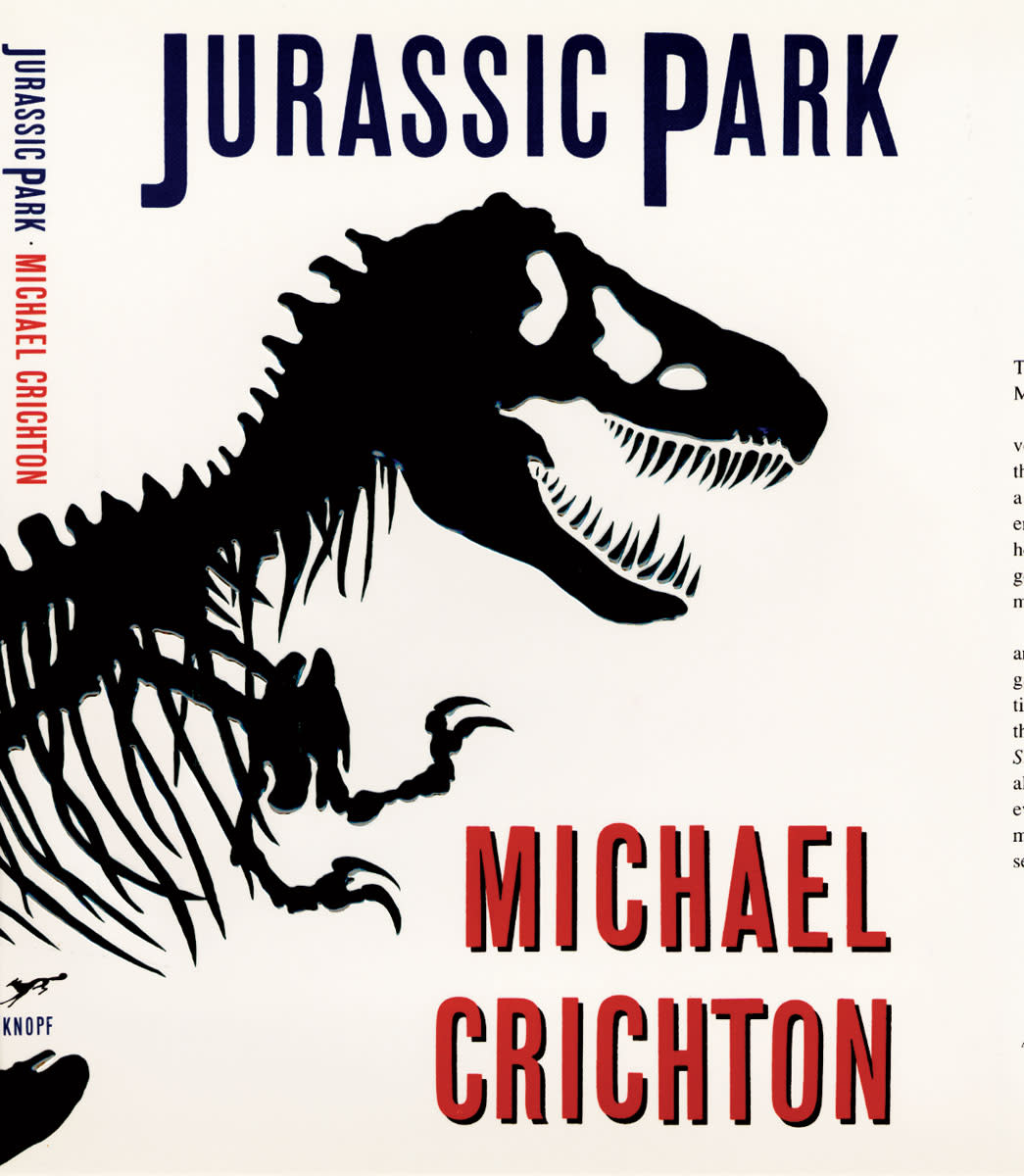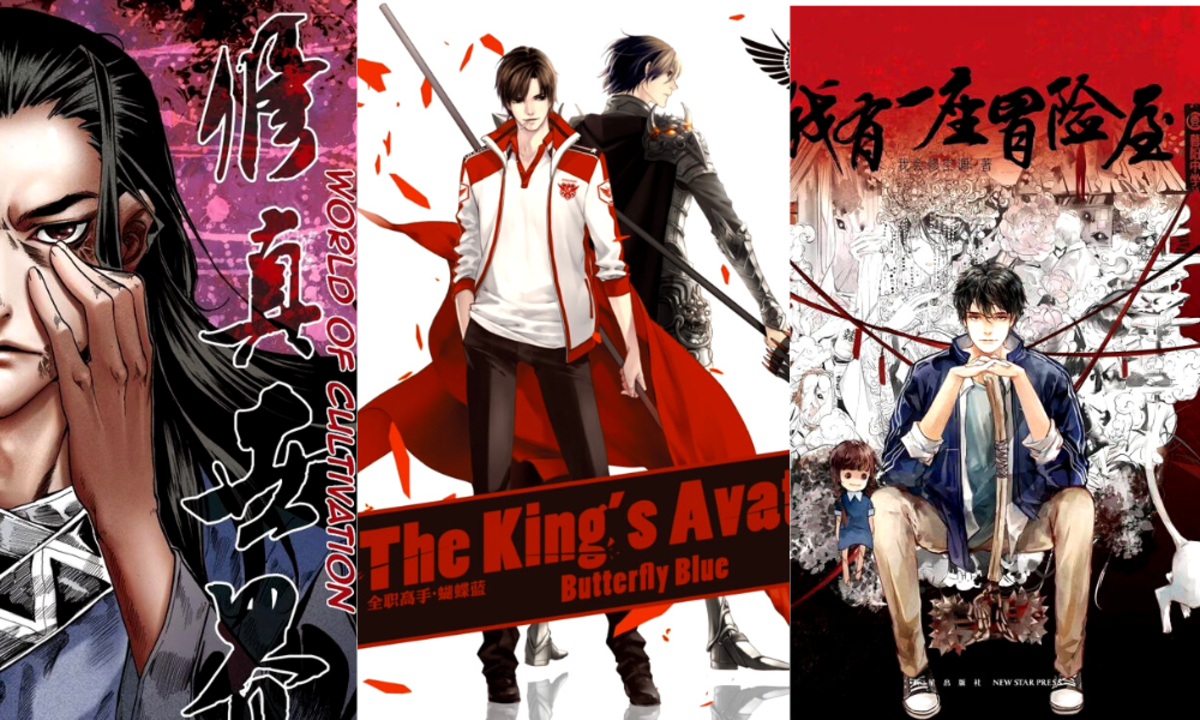What Constitutes a Good Book?
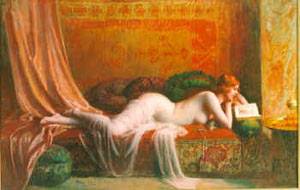
What constitutes a good book? I've been giving this a little thought lately, because I have begun a new blog on reading (not writing, just reading - like my own one-person book club, *sniff*). I'm asking the question twice because I think it's one of those questions that needs to be posed more than once.
I am sitting in the library today (I think, literarily speaking, I should probably say something like 'ensconced in the library'). Sadly, our town library is not the lovely place of solace and solitude that I would like it to be. It's full of people who come in from the cold, seemingly because they have nothing else to do. Teenagers mill about, not noticing books, eating McDonalds food unchallenged by staff. I can't really blame them too much for milling: there's not much else for teenagers to do in this town (but there never has been - and yet I didn't mill about, I took some of the books out from the library, went home and read them! Maybe that's why I'm a little odd now, missed out on a very important stage of socialisation in my mid-teens - oh, dear, how awful, I'm so sad that I didn't get to spend my Saturdays loitering around the museum steps scowling at passersby.*)
Do I digress, or what?!
So, what does constitute a good book? Well, I have to say that I am definitely no book snob. My tastes are not at all highbrow (I don't even really know what that means, something about books that are written only for super-intelligent people), though they're not particularly lowbrow either. I think I must make a distinction between different kinds of book I think.
*Chris Lincoln, I do love teenagers really, and find them very entertaining at times, but we do have quite a lot of supposedly hard-done-by teenagers in my town who are very confrontational and think that we all owe them something. I'd like to teach them that life can be wonderful if you allow it to be, but I think they might happy slap me if so much as smile at them.
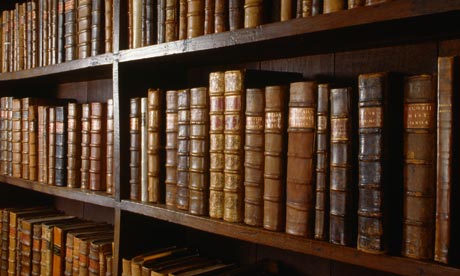
What kinds of book do we have? Perhaps we've got two very large categories: fiction and non-fiction.
Fiction. I was going to call the first category 'books for enjoyment', but of course that's ridiculous because almost all books are supposed to be enjoyed, even human physiology books, even books on quantum mechanics (one of my favourite scientists-who-can-explain-things-so-that-I-can-understand-them is currently working on this subject, and I can't wait to read his book - I'm hoping that he will have managed to explain quantum mechanics in a way that will enable me to hang on to the information. I love physics, but I am a dunce at it). Even books on maths are enjoyable to some people. Weird.
So we've got fiction - which is a biggie. There's literary fiction, and commercial fiction. And both of those have many sub-categories, and quite a lot of books that defy categorisation. The boundaries between literary and commercial fiction can blur at times, and it can be difficult to define just what exactly a particular book is. You might read a literary novel, but if it becomes very popular and read by millions, does it then become a piece of commercial fiction? I don't know. But in any case, I can name a few genres that I have never sampled a morsel of: crime, chick-lit, cyberpunk, ghost stories, and horror, for a start.
Fiction seems to be able to range from the completely made up, to the partially truthful, and can even use real life events that have been stuck together with lots of artistic license and guesswork (some non-fiction fits that description too - have a look at the biography section). Looking around this library I do not see many sub-categories of fiction, but I do see a huge section labelled simply 'Fiction'. I think perhaps in a bigger library I might get a better picture.
Non-fiction is the rest of the library. You've got your gardening books, your DIY, your cookery and so on, which we might call Interests and Hobbies. You've got your history, your language study guides, your science books, your other academic books, your self help, your religion, your books on spirituality (which should really belong in the fiction section - only teasing!).
Strictly speaking, all books that have been published should be good books, because it's not easy to get published unless you've already had a string of successes and your name is enough to sell a book (and even then, success is never guaranteed). And yet, we have probably all read a book that we just did not get on with despite having been assured that we would find it amazing. I remember a rather large book that I read that was sold as a mystery: I didn't guess the ending until fairly late on, because it was a bit out of left field, and was revealed after some huge and obvious hints in a hideous rush in the last couple of chapters - though, strangely, when it was revealed it was kind of too drawn out, and the remaining female character hung around for a bit longer than was necessary. Alright, I'll tell you: it was The Forgotten Garden, by Kate Morton. The book won a couple of awards though, and I think I can honestly say that it was well written, in terms of narrative and dialogue, and the way the story flitted about between times and places. Technically, it was good. But the story was, to be brutally frank, boring. I just didn't like it, and I can't really tell why. One of the characters that I was supposed to feel sympathetic towards was just annoying. I wanted to slap her! It was all just too girly for me, probably. There was some unconvincing love story or other, blah, blah, blah. Well, I've read a little romance before, and it's been much better than this - probably the unbelievable love story element was why I took against the book so much. Interesting how one aspect can ruin a whole story for the reader. But who am I to criticise? Where's my novel? Languishing in a drawer, that's where!
What makes a good book, then, I'll ask again? Kate Morton's book won awards, so I must be wrong to think that it was dull, mustn't I?
So, perhaps we must allow that every book is good if someone enjoys it? If it's well written, but it bores me and I develop ill feelings towards it, then can I possibly call it a good book? Well, maybe I cannot, but someone else can. So it's good, and it's bad? Perhaps, if I'm feeling generous, I might say that it's a good book, but not for me.
Conversely (and this is the bit that I'm interested in really), if a book is widely considered to be crap, and yet I enjoy it, and even re-read it (maybe even more than once - Twilight, three times so far for me!) then surely that means that it's good, no?
See, we don't have enough hours in our lives to read everything - we can only read a fraction of what has been written. So what do we do with that bit of trivia? Do we try to read only the best books? Well, of course we do - who wants to work their way through books they won't enjoy? But what are the best books? We don't want to waste our time and read the wrong sort!
Prizes. Award winners should all be good, so let's try that. Oh, but which are the best and most reliable prizes, in terms of promoting well-written and enjoyable works? Well, you've got your literary prizes, your prizes that say in an RP accent** 'ho, yah, this book is yexcellent, hif you hread this book hyour friends will marvel at hay hintelligent hyou har, doncherknow', but you won't be able to discuss it with them because none of you will really know what the book was about as most of the themes will go completely over your heads. You have heard of the concept of, say, existentialism, but reading a whole story that keeps that theme as its backdrop gave you a headache and made you feel stupid. Step down a level. Or maybe not - maybe be brave and give some of these highly recognised works a try.
A Fraction of the Whole was a Man Booker Prize winner, and I loved it, and understood it! Well, I'm not saying that quite a lot of the themes didn't go over my head, but the kindly author wrote it so that I could enjoy it in my humble and naive way just as much as any lecturer in literature. But yes, other people hated it and thought that it was pretentious rehashed drivel, and that the author hadn't an original thought in his head.*** So who's to say who's right? Me, or the reviewer or critic, whose opinion counts for more than mine because his words are printed on paper and he's written about more books than I have?
** Received Pronunciation - noun, the standard form of British English pronunciation, based on educated speech in southern England.
*** I think the consensus these days is pretty much that almost all thoughts have already been thought, and that there are few, if any, unthought thoughts left out there, and if a person is lucky enough to have one, chances are they'll not be the only one to have it, and while they're sitting back and marvelling over their original thought someone else is dressing it in a futuristic costume, giving it some friends and enemies and a quest, and turning it into a novel, t-shirt, mug, screensaver, car sticker and expensive Lego playset. Too late. Original thought claimed and sold.
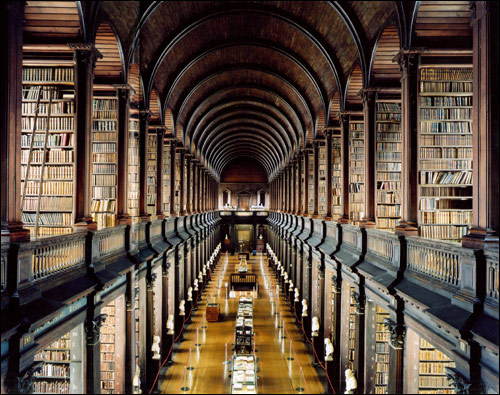
Does our enjoyment of a book depend on our point of view, on our beliefs and convictions? Dan Brown's book, The Da Vince Code, for instance? Hated by many, loved by an equal number of others (that's conjecture by the way, I don't have the actual figures). Personally, I loved it. Christian friends sneer at it. Ah, but atheist friends sneer at it as well, and detest it for being badly written. I seem to remember thinking that it wasn't brilliantly written when I read the first chapter, and noticed that Mr Brown seems to favour a short, choppy sentence for no apparent reason (quite the opposite of my sentences, in fact). But that did not lessen my enjoyment of his story, in the way that one element of Ms Morton's book did. Interesting. So is Dan Brown's book a good one? Well, I think so, but you may not.
It's a problem, isn't it? Or is it? Perhaps it's not actually something we need to worry about at all. Perhaps we should just read whatever we fancy reading without even considering what another person might think of us for it. For instance, I really enjoyed the Twilight Saga. Now, technically I know they're not up to much, but reading them makes me happy. And actually, there's nothing glaringly wrong with the writing, and the people who hate it are possibly reading out of their 'comfort zone'. There are better vampire novels available - I've read a few of them - but they're lacking an Edward Cullen character, you see. Stephenie Meyer knew what she was doing when she created that character. So I'm conflicted here, because I know there are better books than this, but yet I enjoy this more.
There there's Harry Potter. Now usually when people say that a book I like is badly written I can acknowledge that they're entitled to their opinion and that they might be right. But if you think Harry Potter's badly written, you're wrong, plain and simple! These books are beautifully written and that's all I have to say about that.
A very rambling hub, of not much substance, and I'm not even finished yet. Apologies. I am trying to wrestle here with an issue or concept that is a bit too big for my brain.
Classics. Now, there are many classic works of fiction that stand the test of time because of their popularity and brilliance. Lord of the Rings is on its way to becoming a classic because it's about old enough now, would we say? There's no doubt that it's an excellent set of books. And then you've got your Dickens and your Austen, and even older than those, you've got your Etheridge and your Sheridan (if your bent runs to plays: you might not think of plays as books, but I love to read a play, and particularly a good Restoration romp; even got my highest exam mark at university for Restoration Theatre, so make of that what you will!). But we wouldn't all agree on the classics being good books either (and Lord, there are so many of them; I wanted to list them, but that would make for a ridiculously long hub, and this is getting too long already). I recently read Northanger Abbey, but after the descriptions of Bath in the first few chapters, I did not really enjoy it at all. But then, we must allow that it was Austen's first novel, and it's plain to see that her work improved after this. Some people love Northanger Abbey, so is it a good book? I would have to say that it must be.
I feel that I am reaching a conclusion, and as that conclusion begins to come into focus I realise that I am no clearer in my mind on the question of what constitutes a good book than I was at the beginning of my musings. I can only conclude that ALL books are good ... and ALL books are bad. You and I can disagree on the merits of a book, but if we both care enough to argue our point then we must both be right. Or both wrong.
I often berate myself for not reading more literary fiction. But this is unnecessary, I think. It would be a waste of my time to read books purely to make myself look more intelligent. A much more honest use of my free hours would be to read books that I think I will enjoy - if that happens to be a literary piece, then hurrah! If not, then I needn't apologise for enjoying something that has already been read by millions. What's important is just to read, and to read purely for the love of reading.
I'm reading Inkheart, by Cornelia Funke, at the moment. What are you reading?

